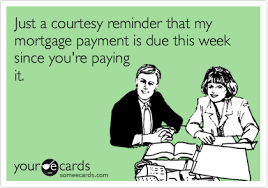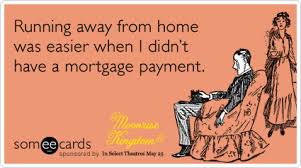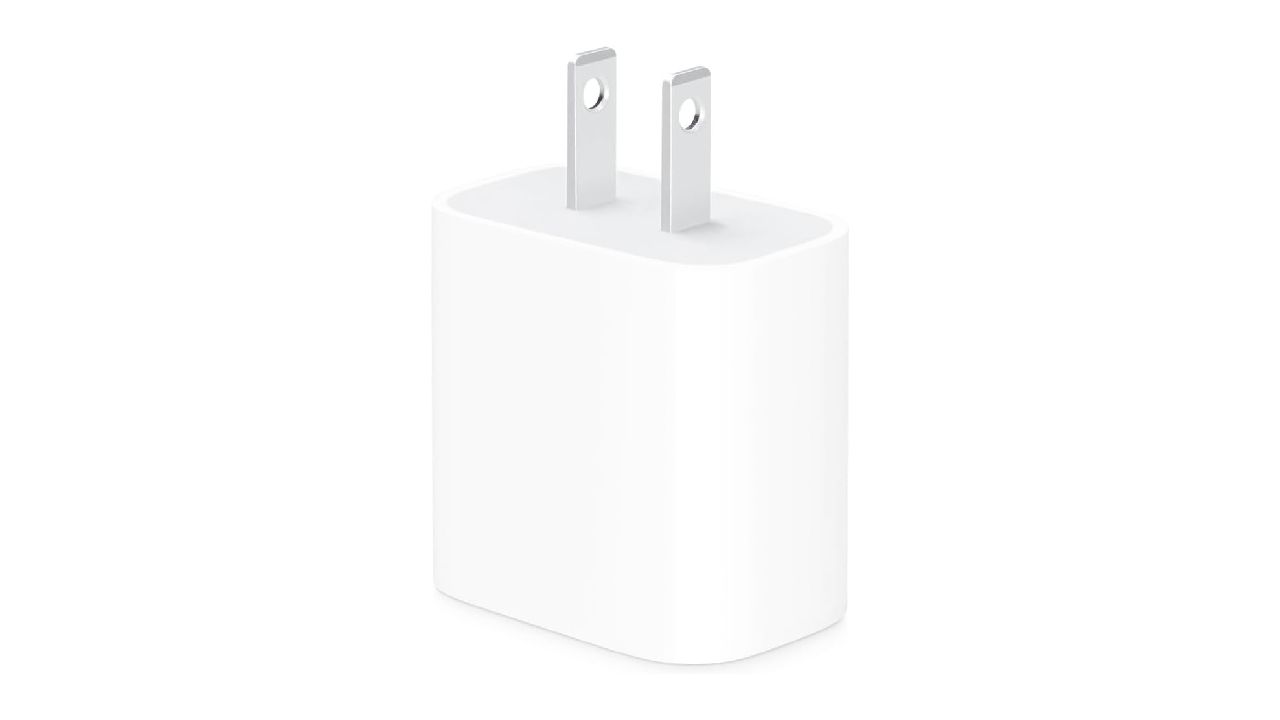How to pay off your home mortgage quicker to save thousands in 2013
What is Mortgage?
Mortgage is a loan to finance the purchase of real estate, usually with specified payment periods and interest rates. The borrower (mortgagor) gives the lender (mortgagee) a lien on the property as collateral for the loan.
Few months back a survey released by the Canada Mortgage and Housing Corporation claims that more than 75 per cent of survey respondents who bought a home in the previous year said being mortgage-free sooner was their goal. If you want to do same and save many thousands dollars you can do this by some neat tips. Of course wanting to be mortgage-free sooner is easier said than done, but there are some tricks that can help you along the way to reach your goal quicker.
By paying off your mortgage early, you will:
- Save Money
- Own Your Home
- Reduce Your Stress Level
Here are some tips to Pay off your home mortgage sooner to save thousands

Make the largest down payment you can afford
Fact is, the more you put down the less you'll have to pay back; not just in the principal but in interest too.

Make more mortgage payments
There are two ways to go about doing this; both will save you some money along the way but one more so than the other.

Twice a month is good idea
Your first option is to pay twice a month (or whatever frequency works best for you) the total you would normally pay on a monthly payment plan. For example, if your monthly mortgage payment is $1,000 you can opt to make two payments a month of $500 each. You're not paying any more than you have to each month, although you will save a bit on interest by making part of your monthly total payment early.
Pay weekly or bi-weekly accelerated
Your second (and more money-saving option) is to pay weekly or bi-weekly accelerated payments in lieu of one monthly payment. Why does this save you money? Well, not only will you save money on interest like you would with the first option, but it's also a way you might not notice that you actually are making a couple of extra payments each year. Let's say for example, your monthly mortgage payment is $1,000 for a total of $12,000 per year. If instead you decide to pay $500 every two weeks, you'll actually end up putting $13,000 a year against your mortgage.

For example,
Switching to a bi-weekly payment structure on a $400,000 mortgage with a four per cent interest rate can translate into paying the mortgage off about four years sooner with an overall savings of over $43,000 in interest. Increasing the payment on that mortgage by $20 -- or 4 per cent -- each year, takes another six years off and increases the interest savings to almost $96,000.
Round up your mortgage payments
Every little bit counts and the more you can pay, the quicker you will pay off your home mortgage. If your payments are an odd number round up your payments to a number you are comfortable paying. For example, if your payment is $987 consider rounding it up to $1,000. It's a small enough amount that you likely won't notice but over the long run will help you chip away at your mortgage.
Pay extra-got a raise, tax return or a bonus
When possible, view unexpected sources of money as found money and apply it to your mortgage. Since it is money you weren't expecting it likely won't affect your lifestyle in the short-term but will in the long-term when you pay off your mortgage that much faster.
Make more anniversary payments
Even if you have a closed mortgage, most home mortgages allow you to make extra payments, typically once a year, for up to 20% of the mortgage owed. This money is applied to the principal, saving you money in annual interest costs.
Keep your payments the same when interest rates drop
If you have a fixed rate mortgage and interest rates have decreased, when it is time to renew your mortgage consider keeping your payments the same; since less money will go towards paying interest, more will go to paying down the principal.

If you have a variable rate mortgage, and interest rates drop the same thinking applies; keep your payments the same so that more of your payment goes toward paying down the principal of your mortgage.
When interest rates increase, increase your payments too
If interest rates increase, increase how much you put on your mortgage. If you don't, less money will go towards paying down the principal and more towards paying interest-prolonging the time it takes you to pay off your mortgage.
Choose a shorter length of time to repay your loan
Look at all your amortization options to see how choosing a 15-year period versus a 20-year period versus a 25-year period will affect your payments and interest costs. Your mortgage payments will be higher, but you'll pay far less interest over the course of the loan. Do this exercise at the end of each mortgage term as what may have worked for you 5 years ago, might not be the best option for you now.
